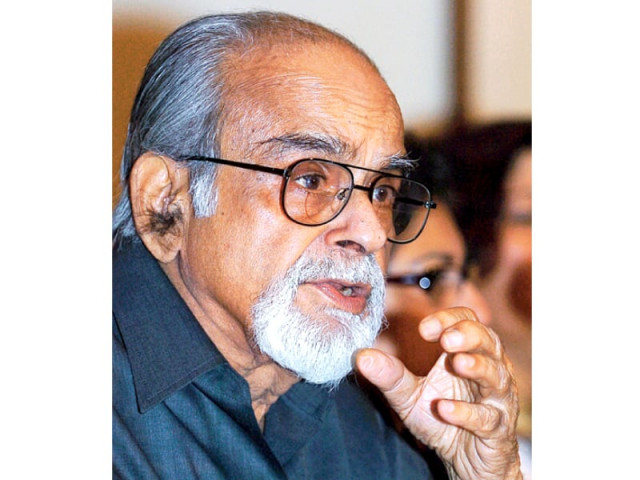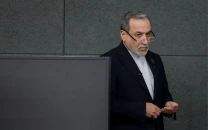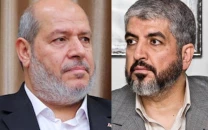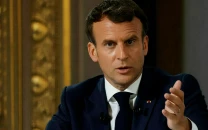Transitions: Former Indian PM, unapologetic peacenik, IK Gujral dies at 92
An advocate of peace between India and Pakistan, he was best known for his ‘Gujral Doctrine’.

A student of Faiz Ahmed Faiz and a witness to the peak of the freedom movement against the British, it is little wonder that Inder Kumar Gujral was a staunch propagator of peace between Pakistan and India.
With his death on Friday at the age of 92, not only has India lost a former prime minister, but proponents of peace, on both sides of the border, have also lost a towering figure.
Born in Jhelum in pre-Partition India in 1919, Gujral belonged to a family immersed in politics – Lala Lajpat Rai, Bhagat Singh and Jawaharlal Nehru were frequent visitors to his house.
“In our family, going to prison was like going for a summer vacation,” Gujral’s brother Satish had written about his earlier days.
While in college in Lahore, Gujral was greatly inspired by his teacher Faiz Ahmed Faiz, the progressive poet who too was cast an outlaw by the state in Pakistan.
Faiz sparked in Gujral a keen interest in Urdu poetry. To this day, the Faiz Association in India – founded by Gujral himself – celebrates ‘Faiz Day’ each year.
Gujral was committed to India and Pakistan having a better relationship. He often urged the two states to behave like grown-ups instead of spiteful adolescents.
In an earlier interview held soon after he stepped down as the premier, Gujral said: “As far as Indo-Pak relations are concerned, I favour engaging Pakistan, but I would not like to repeat the methodology of Agra. Frequent summits are not called for. But, at the same time, different levels of engagements should start.”
The man, however, was one who believed in the power of people, not states. “We should open up more. It is an issue of strengthening people-to-people relationships.”
Gujral is said to be someone who moved beyond mere rhetoric. He is perhaps best known for his ‘Gujral Doctrine’ – a foreign policy based on generosity which advocated India doing more for its smaller neighbour without expectations of reciprocity.
He repeatedly demanded that covert agencies wind up operations in Pakistan.

Road to premiership
After Partition, Gujral came to Delhi to start his own import and export business. This is where he later had a chance encounter with Indira Gandhi. Their friendship quickly grew and she offered him a Rajya Sabha seat.
After the death of Jawaharlal Nehru, he was one of those said to have stood like a rock behind Indira. He also encouraged her to take up the country’s premiership following Lal Bahadur Shastri’s demise.
Little wonder then, that Indira made Gujral the minister for information and broadcasting. He played a pivotal role during the split of the Congress in 1969, when he built up a media campaign in favour of Indira.
But soon after, Indira’s son Sanjay began to develop differences with Gujral. Sanjay was the new rising star in the Congress and had a series of squabbles which ultimately led to a falling out.
The emergency declared in India in the mid-70s was the last straw. The late Janardan Thakur, who chronicled the days, narrated a famous incident that reflected the growing dissent among the two.
On the second day of the emergency, Sanjay’s secretary telephoned Gujral and asked him to reach the prime minister’s house at 10am. When Gujral got there a half an hour late, Sanjay chastised him by saying: “This won’t do.”
Gujral, who was old enough to be Sanjay’s father, said he owed the younger man no explanation and left the room.
Gujral became the Indian prime minister in 1997, a tumultuous time during which he faced increasing pressure from the Congress regarding its coalition partner Dravida Munnetra Kazhagam (DMK) due to accusations of the latter’s involvement in Rajiv Gandhi’s murder.
Gujral, however, refused to oblige and chose to resign from the office instead 11 months into his premiership. He is survived by his two sons, Naresh and Vishal.
(WITH ADDITIONAL INPUT FROM AFP)
Published in The Express Tribune, December 1st, 2012.



















COMMENTS
Comments are moderated and generally will be posted if they are on-topic and not abusive.
For more information, please see our Comments FAQ